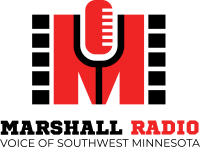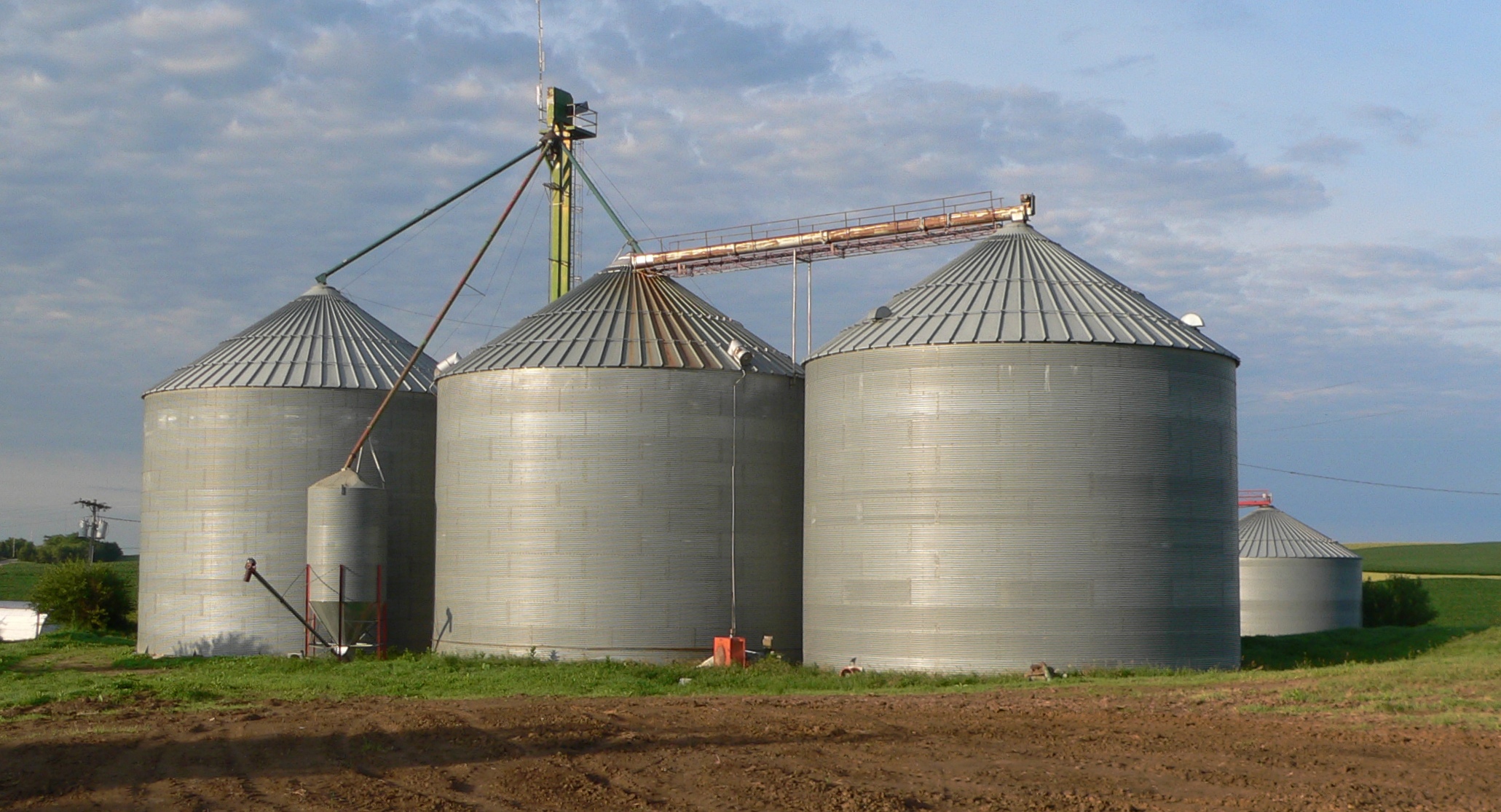MARSHALL — U.S. Representative Michelle Fischbach discussed agriculture, housing, healthcare, trade, and tax policy during a recent visit to Marshall, highlighting the concerns she says are most often raised by residents across Minnesota’s 7th District.
On agriculture, Fischbach said workforce shortages remain a major challenge. “Particularly in the ag community, workforce is an issue,” she said. “We’re looking at those visa programs, seeing if there’s something we can do to smooth them out, make them better. A lot of the ag folks asked for removing the seasonality on some of those visa programs, so we’re looking at that, seeing if there’s some way we can improve it.”
She noted that passing reforms through Congress is not easy. “We understand the need, we understand the concerns, but we do have to get it through Congress,” Fischbach said.
Housing is another top concern. Fischbach said high costs and infrastructure needs are limiting development in many rural communities. “One of the things we did was introduce Investing in Rural America,” she said. “It doesn’t add money to any programs. What it does is it changes some regulations so that we can loosen up some capital… so that if someone is interested in building an apartment building, a childcare center, a hospital, whatever it may be in rural areas, we can free up more capital.”
She also addressed crop prices and the role of international trade. “One of the things that is so important right now, and it’s important for agriculture, is trade. And I sit on the Ways and Means Subcommittee for Trade. It is something that we are working on every day,” she said.
Fischbach pointed to opportunities in Japan, China, Korea, and Africa, as well as the upcoming renegotiation of the USMCA. “Opening up those markets, making sure it’s fair, and really pushing forward with trade” is critical, she said.
Turning to healthcare, Fischbach said recent changes to Medicaid are focused on accountability rather than cuts. “No one that needs care will lose care. No one that needs coverage will lose coverage. What we are really getting at with this is waste, fraud and abuse,” she said, citing duplicate registrations and state-level program misuse.
She also highlighted new federal funding. “The Senate added, and it ended up in the final bill, the $50 billion Rural Initiative program… and that will help those hospitals with funding.”
When asked about nursing homes, Fischbach said closures have often been tied to staffing mandates imposed from Washington. “They are required to have more nurses on duty at certain times… where in rural areas, we are struggling to make sure that we are covered and we have enough. It’s difficult to get nurses, it’s difficult to get LPNs,” she said.
She added that she urged federal regulators to consult with rural providers before implementing new requirements. “Those artificial staffing ratios that they were putting on them from Washington, D.C., were really doing a lot of damage and we’ve been fighting that.”
Fischbach also highlighted provisions of the “Big Beautiful Bill,” recently signed into law. While not all of the Trump-era tax cuts were extended, she said the legislation includes significant measures for families, small businesses, and rural communities.
“We really tried to focus on what people were concerned about,” she said. “We extended the child tax credit and increased it for a short time. We increased the estate tax exemption to $15 million and indexed it permanently. We increased the standard deduction. There were things that we did not only for those middle income families but for small businesses to make sure that they had the research and development deductions.”
Fischbach added that the law strengthens opportunity zones, including new incentives for rural areas. “Some of those things we can really say are helping rural Minnesota, helping the average middle income person,” she said.
She warned that without the bill, Minnesota families would have faced steep tax increases. “If we had not passed this bill, people would have seen a 24 percent tax increase,” she said.
The legislation also included border security provisions. “We’re increasing technology, we’re increasing bodies on the border,” Fischbach said. “That not only helps with the southern border, but helps with the northern border because they were pulling people from the northern border, sending them to the southern border. We need more people, and we need the kind of technology that can cover more.”



